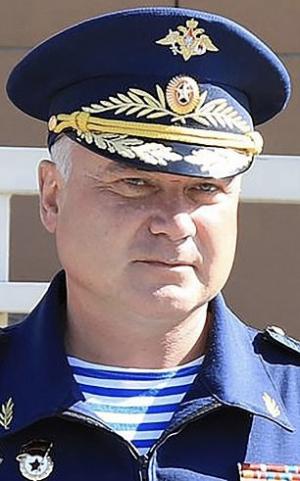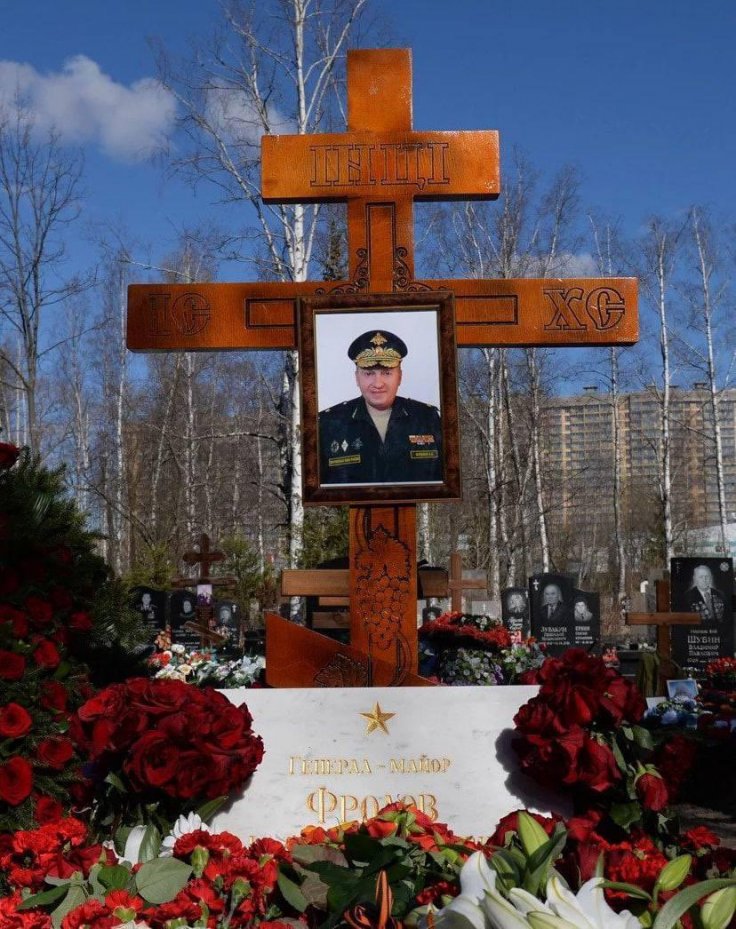Russia has again lost one of its top military officers in the Ukraine war. Russia gave a military funeral to Major General Vladimir Frolov in St Petersburg on Saturday. It's not yet known where and how Frolov died. But his funeral timing indicates that he died in the recent days.
Last month, Frolov's 8th Combined Arms Army was engaged in fighting with Ukrainian soldiers in Kherson near Crimea where commander Andrei Mordvichev was killed.

According to St Petersburg governor Alexander Beglov, Frolov sacrificed his life so that children, women, and the elderly in Donbas would not hear bombs exploding again.
True Patriot
Beglov revealed that the general was from an army family and he died the death of brave in the battle against Ukrainian nationalists. "He was a true patriot, a brave and courageous man who honestly and to the end fulfilled his military and human duty."
Kremlin also lost its 34th colonel in the war as reports revealed tank battalion commander Miras Bashakov died on Sunday.
Bashakov is also Russia's 42nd military officer to have died in the Ukraine war.
Ukraine has claimed that nearly 20,000 troops have lost their lives since the start of the invasion but so far Moscow has not released accurate figures.
Earlier on Thursday, Russia lost Lieutenant Colonel Denis Mezhuev in Ukraine's east. Previously, he commanded troops in Kyiv before his Unit was deployed in Donbas.
Experts have pointed out that there are a number of reasons behind the killing of top Russian officers.

Unreliable Equipment
Reports have claimed that some of Putin's units are dependent on unreliable equipment and electronics. Russian forces' multiple operations inside Ukraine failed as their subordinates were too terrified to make quick decisions.
An Ukraine sniper also played a key role in the killing of top Russian generals. Former US army general and CIA director David Petraeus revealed that Kyiv has "good snipers" who are able to target key individuals when a Russian chain of command breaks down.
An anonymous diplomat also told Foreign Policy that generals were "struggling on the front line to get their orders through".









